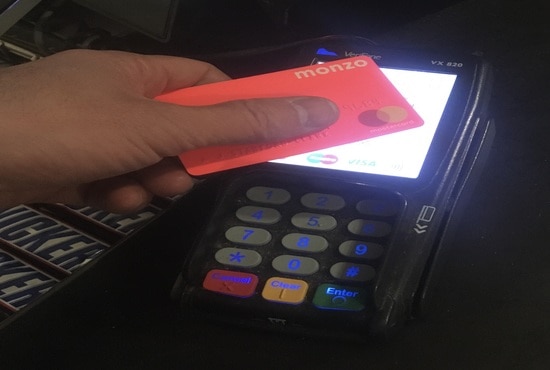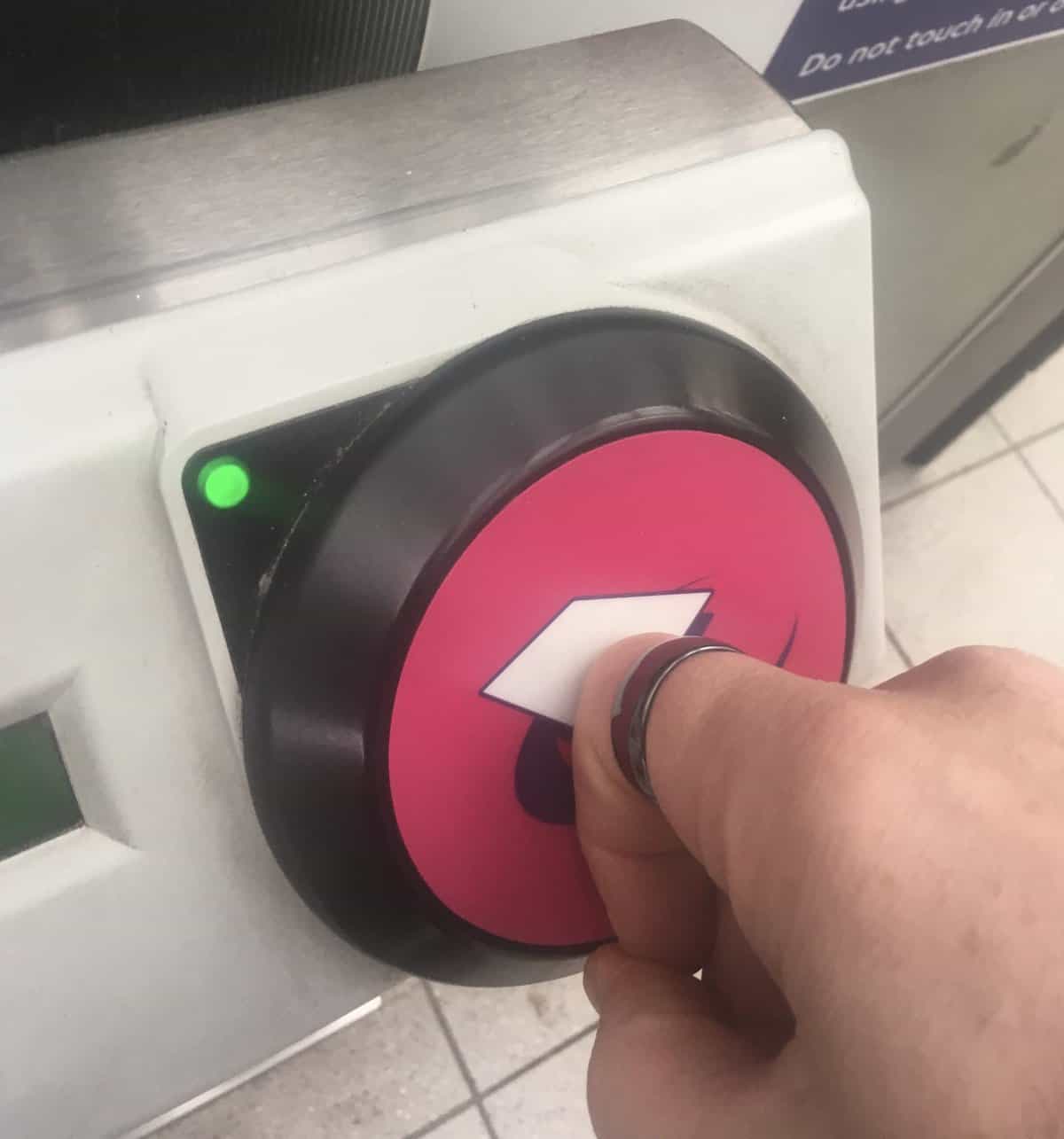
Jersey has made great strides in recent years towards more cashless and contactless transactions; whether that is in paying for taxis, buses and car parks, or in our shops, but there is still room for further improvement.
I’m not alone in wanting progress, Dr Andrew McLaughlin, CEO of RBS International has called for Jersey to become the first ‘cashless society’. However, there is a lot of confusion and anxiety over exactly what that means. Quite simply it should not mean you can’t use cash at all. Indeed, our New Jersey namesake in the USA, only last year, banned shops and restaurants from being able to refuse cash. Going to that extreme, can be discriminatory.
During my holiday last year, I visited Sweden, which I had read is aiming to become a cashless society. I thought I’d see what that meant in practice. I didn’t buy any Swedish Krona, but I did have an ATM card that I could have used if I really needed some cash at any point in the four days I was in Sweden.

And I’m pleased to say, everything worked fine: everything I wanted to pay for, I was able to do using my UK bank debit card. Here are my observations about what being a “cashless society” means.
Most importantly, it does NOT mean there is no cash. Almost everywhere, cash was also accepted alongside card, and with equal status, from what I observed.
A lot of establishments, like hotels, restaurants and large shops, had signs or digital displays saying they support Sweden’s move to a cashless society. So that’s constantly reinforcing the message.
Some establishments had declared themselves cashless, and you could not use cash. There weren’t many of these, and I did think that would potentially exclude sections of society (e.g. more elderly people) who had not embraced cashless payments. I don’t know what the legal position would be for someone who insisted on using cash, but from what I saw, everyone was just using cards, so that was fine.
All the taxis welcomed card payment, without the “oh, there’s no signal here, mate, have you got any cash on you?” nonsense that you get in a 5-bar 4G signal area in central London. When I checked with a driver if he took cards, he seemed surprised and said “of course!”
Buses, trains, trams, vending machines all did contactless (and card slot for more expensive train tickets).

The biggest driver for a move to a cashless society is the de-stigmatisation of use of cards for small purchases. Far too often in the UK and Jersey, we see signs like “Minimum card spend £10”, or “50p charge for card purchases under £5”. In Sweden there was no eye-rolling at all when you paid by card for even a 40c postcard. The UK and Jersey are getting a lot better about this: it’s completely acceptable to buy a coffee with your card – although that *is* a £3+ expenditure, so we’re not talking about postcard-scale clip levels.
All shops having a card machine prominent on the customer’s side of the counter is also key to showing that they not only accept, but *welcome* card payments. There was no fumbling of buttons and handing over the machine on the end of a curly wire when you say you’d prefer to pay by card rather than cash. It was just there, ready to take your card.
Almost all the card machines accepted contactless – there seems to be a retrofit ‘cradle’ which has the NFC reader at the side, so you tapped on the side of the machine rather than on the screen as you generally do in the UK and Channel Islands. I was surprised how often I had to put in the card and use the PIN for purchases which would have gone through contactless at home. A couple of times I had to put in my PIN after tapping my card, which seemed weird. A couple of times there was a printout and I had to sign for a card transaction in the old-fashioned way (well, not *quite* the old-fashioned way of a credit card swipe imprint machine with carbon copies!). But maybe that was due to connectivity issues at the time.
I noticed there was very little use of Apple or Android Pay with people paying with their phone or smart watch. It was all cards. And *nobody* had one of those rinky-dink K-rings like I’ve got (and I didn’t take mine with me to try – I suspect that as I was challenged for my PIN a few times after paying contactlessly, that might have been problematic).
In conclusion – Sweden *is* operating successfully as a cashless society. I didn’t own any Swedish Krona during my visit there. There are some valuable insights which will help other countries move towards a cashless society. And remember: “cashless society” does NOT mean there’s no cash!



